
Explore the top rated North Chicago drug rehabs with confidence. We've analyzed each of the 25 addiction treatment centers in North Chicago, IL for patient reviews, clinical credentials, transparency, and brand reputation to identify the best rehab programs.
Filter by inpatient, outpatient, detox, health insurance, specialty program and more to quickly find the best drug and alcohol rehab in North Chicago.Our Methodology
Rehab Score
Our Rehab Score is designed to make it easier for you to find the best treatment centers. We combine overall ratings with recent feedback to create a score that reflects a center's quality right now.
.
| Name / Address / Rating | Description | Treatments / Programs / Payment Options | Review / Contact | Images | |
|---|---|---|---|---|---|
1
Top 10 Rehab in North Chicago
Rehab Score
Our Rehab Score is designed to make it easier for you to find the best treatment centers. We combine overall ratings with recent feedback to create a score that reflects a center's quality right now.
7.86 / 10 | Captain James A. Lovell Federal Health Care Center, located in North Chicago, Illinois, provides comprehensive mental and behavioral health care for military personnel, veterans, and their families. Services include telehealth care, medically supervised detox, inpatient treatment, intensive outpatient programs (IOP), general outpatient programs (OP | Treatments Programs Payment Options | I mean it’s a federal hospital what do you expect. It’s okay. Some nurses are the kindest people ever. Some are the complete opposite. Here they reach equilibrium. Just an okay experience.
ron
2 months ago
The surgical team here is amazing! I was surprised how professional jovial and funny they were at 6:00 in the morning. Thank you Mel for all your help.
David Schermerhorn
3 months ago
I had a kidney transplant at Hines. But I use Lovell for my kidney doctor. Dr Yoon is fantastic. Very responsive.
Gary Gushulak
5 months ago
| 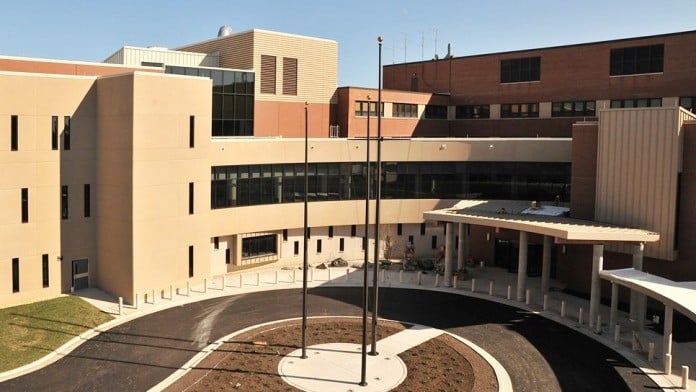
| |
North Chicago, IL | Nicasa is a non-profit organization dedicated to help individuals struggling with mental health/substance abuse and gambling disorders. All their services are client-focused and evidence-based and are based on the Matrix model. Nicasa is located at North Chicago, Illinois. Nicasa also offer DUI Services, Illinois laws required individuals arrested | Treatments Programs Payment Options | Hi, My name is Brittany woodruff, my personal experience with Nicasa has been a true blessing. I came to Nicasa in 2022, me and my children were homeless. I had just gave birth to a Beautiful baby girl!!! In the time of our homelessness, the shelter we were staying at refered me to them!! I called them and made appointment. When the time came I went to the appointment and they were so sweet, understanding, and very resourceful!!!. I was amazed, and happy!!! First off, it's a blessing itself to have a facility FREE OF CHARGE!!! They help step by step, to get your life in order and back together again!!!♥️ Nicasa has truly been a blessing to us, and always will be!!! We are still with them still this day!!! Ms. Cindy is 1 of the few and rare woman I have ever met. This woman was a Huge BLESSING!!!! THE THINGS SHE DID FOR ME WAS RARE!!! SHE WOULD GO OUT IF HER WAY, TO MAKE SURE I WAS MAKING IT TO MY APPOINTMENTS, AND ALSO A SUPPORT TO ME EMOTIONALLY AND MENTALLY!!! I WILL NEVER FORGET HER, NOR SAY "NO" IN THE TIME OF NEED FOR HER WHEN SHE CALLS ME TO HELP WITH THE COMPANY.. NICASA THANK YOU SO MUCH!! FOR YOUR SUPPORT AND SERVICES!!! GOD BLESS!!!⭐⭐⭐⭐⭐
Brittany Woodruff
5 months ago
I am so grateful for Nicasa and the incredible support I received from their team. With the guidance of my caseworker, Ms. Darlene, I was able to make real progress in my life. She not only encouraged me to continue my education, but also helped me get my driver’s license and supported me through the process of having my background expunged. Because of her kindness, professionalism, and dedication, I have been able to put my life back together in ways I never thought possible.
I also want to recognize her supervisor, Ms. Sindey, whose support and understanding made a huge difference. Both of them carry a genuine heart for the community and give their time, energy, and compassion to help families across Lake County.
What makes Nicasa so special is that they are not just another organization—they truly care. They spend countless hours serving people and making a positive impact. I have referred many friends and family to them, and they too have been blessed by the hard work and dedication of Ms. Darlene, Ms. Sindey, and the Nicasa team.
Thank you, Nicasa, for helping me rebuild my life and for all you continue to do for our community.
Robert Bettis
5 months ago
I did my parenting classes at Nicasa North Chicago and the people there are really nice and willing to help. Gloria Gomez led the classes and she always positive and listened to everyone. I like how they are really trying to help others….
Alfre L
8 months ago
| 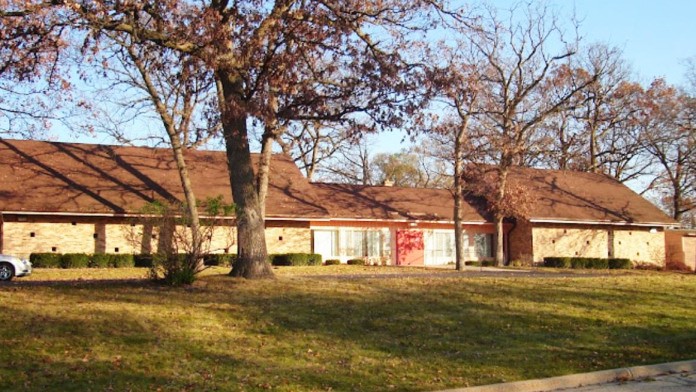
| |
North Chicago, IL | Lake County Health Department – North Chicago Health Center is located in North Chicago, Illinois. This is a county provider of behavioral health services and treatment for substance use disorders. Their North Chicago Health Center offers services in an outpatient setting. Private and public insurance policies are accepted. Clinically Based Addic | Treatments Programs Payment Options | I love it here they are very nice to my kids it’s quick and DR LUCA IS AMAZING AND STAFF IS AWESOME 👏
Theresa Rodriguez
3 years ago
Clean place and the staff is kind and helpful.
Jose Guerra
4 years ago
I was able to see my new APN, get the help I needed; the staff was nice I can’t complain. Will come up Back again.
Itsjustlittlebit
4 years ago
| 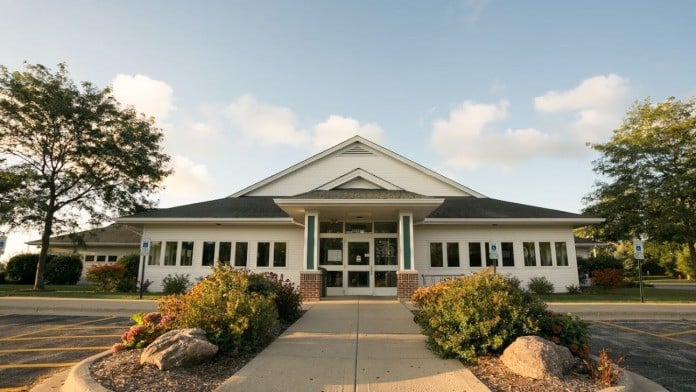
3 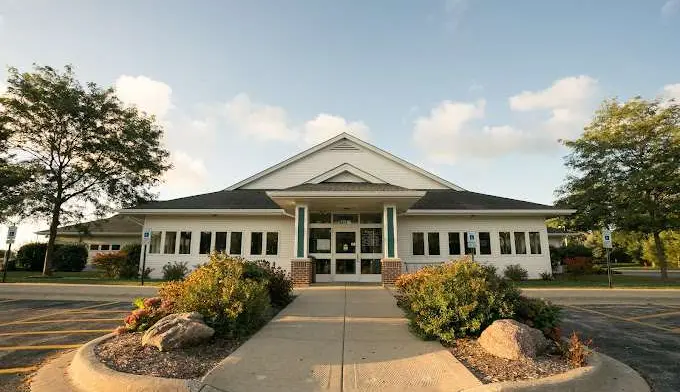
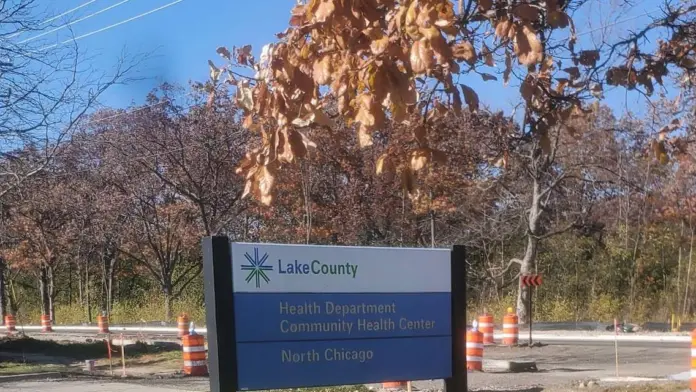
| |
Banyan HeartlandAd This is an ad and Banyan Heartland is a paid advertiser. Paid advertisers may be listed first in search results. This ad may contain content provided by the advertiser. Rehab.com does not verify ad content or any reviews that are displayed. Learn More Gilman, IL | Banyan Treatment Centers Gilman is a private drug rehab center specializing in treating drug and alcohol abuse in Watseka, Illinois. This addiction treatment center provides individuals with fully customized and uniquely comprehensive levels of care to help with recovery. As on of the best outpatient facilities in Illinois, Banyan Treatment Cente | Treatments Programs Payment Options | View Website (779) 244-6557 | Banyan Heartland has no reviews yet. Leave a review.
| 
9 9 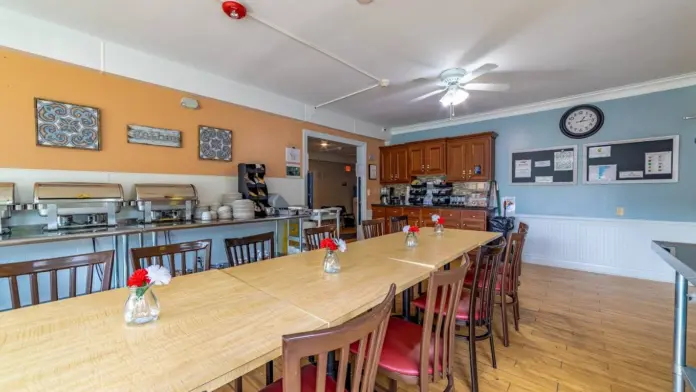
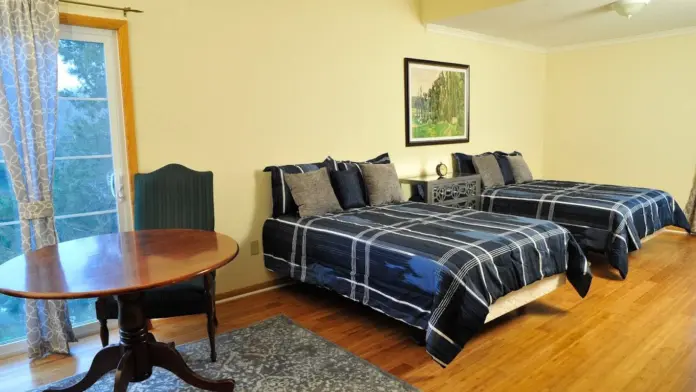
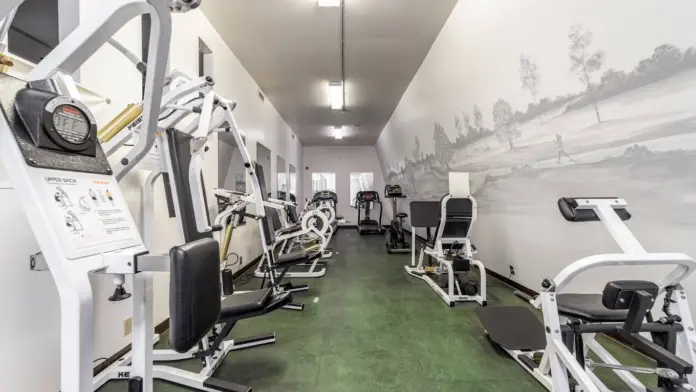
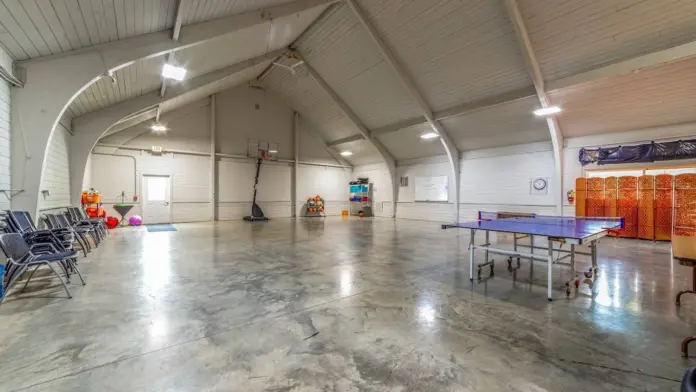
|
Crystal Lake, IL | Located in Crystal Lake, Illinois, the Northern Illinois Recovery Center offers addiction treatment to teens and adults who are suffering from drug and alcohol addictions. They also offer dual diagnosis services which means that they treat mental health in addition to addiction. They specialize in a complete spectrum of care that includes detox ser | Treatments Programs Payment Options | NIRC’S staff we’re amazing and all the clients we’re like family to me.
Terry Rockey
4 months ago
Fantastic workers and programs. Felt comfortable working alongside clients and workers. Hope not to be back but glad I went
Austin Brown
5 months ago
This place changed my life.. I’ve been in many treatment centers before in the last few years, but the community and structure here is unlike anywhere else - the staff and recovering addicts that come in and out of here, the building and activities that we get to participate in, are all amazing and beautiful.
I will never be the same as I was before coming here
I have struggled to be socially accepted my entire life, and here I have gained more love and mutual support than I could ever imagine or ask for
Thank you NIRC for bringing me back to every single thing I have now that was lost before
My life will forever be brighter because of you
JJ “Jaye” Bedwell
5 months ago
| 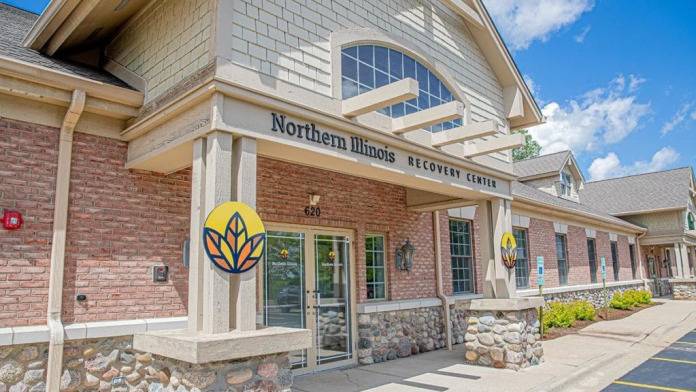
6 6 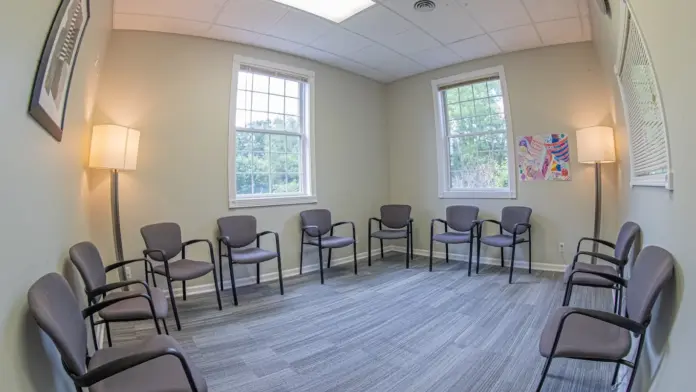
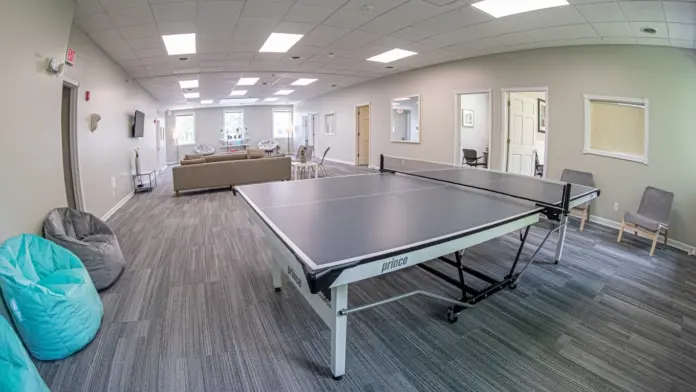
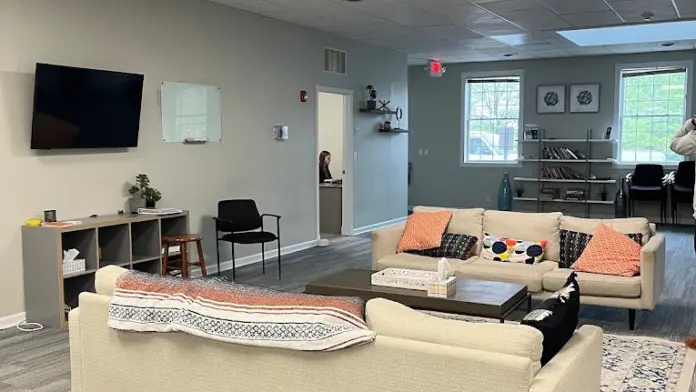
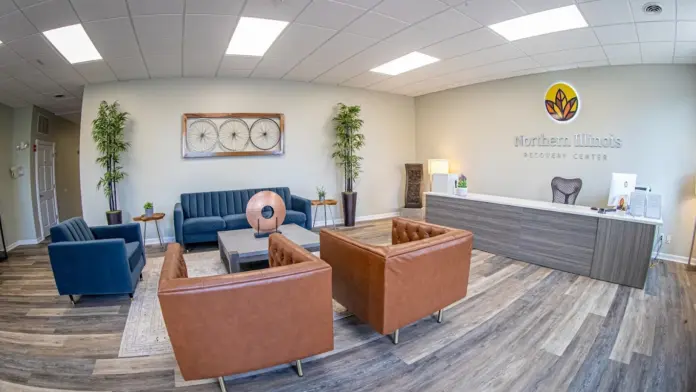
| |
Northbrook, IL | Suncloud Health in Northbrook, Illinois, provides residential and outpatient treatment services at the Northbrook Treatment Center. They offer treatment for co-occurring disorders, substance use, and other related traumas. Northbrook Treatment Center accepts both adult and adolescent patients. All staff members are cross trained to treat the var | Treatments Programs Payment Options | Suncloud was a lifesaver for me. I appreciated that we could openly talk about SI and I didnt feel so alone. It really helped my depression. Thank you so much Suncloud!
Jennifer S
4 months ago
I am so impressed with Suncloud and all the clinical talent they have on all levels. I love what they stand for and the care they give my clients. I send all my clients to their program. Dr Dennis had a huge impression on me when I met her 20 years ago and what she has created is in alignment with the best outcomes a client wishes for. Thank you for your authenticity and dedication to recovery.
Mari Richko
7 months ago
SunCloud Health made a huge difference in my friend’s life. They offer truly comprehensive care for people dealing with both mental health and substance use issues, and the staff understands how deeply connected those challenges can be.
My friend had been to other treatment programs before, but none addressed the full picture like SunCloud did. The team took the time to get to know them as a whole person—not just a diagnosis—and built a treatment plan that met their unique needs.
Thanks to the support, structure, and clinical expertise at SunCloud, they finally started to feel real hope again. I highly recommend this place to anyone looking for quality, compassionate care for co-occurring disorders.
Phyllis Ryan
8 months ago
| 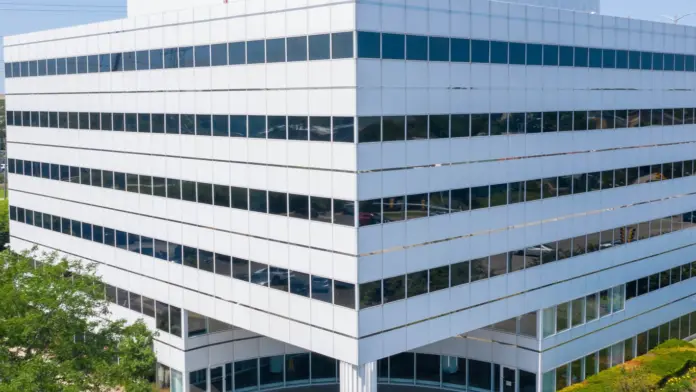
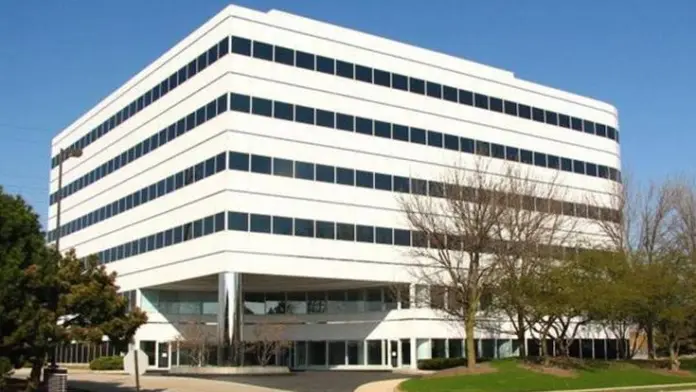
| |
Northbrook, IL | Rosecrance - Northbrook Office is a private not-for-profit organization offering behavioral health services for children, adolescents, adults and families throughout the country. Rosecrance - Northbrook Office offers free confidential substance abuse assessment and consultation for individuals of all ages. Rosecrance provides help, hope and recover | Treatments Programs Payment Options | I have gotten a lot out of my IOP!! It has strengthened my commitment to sobriety! It has helped me to develop plans that will help me to remain sober; relapse plan, a plan to deal with family and family issues. The program has been hugely beneficial!!!
Mary Davies
2 months ago
I like the Rosecrance program a lot but I LOVE Dominique and Steve. They balance compassion and support with an expectation of responsibility and accountability which is making my recovery successful. This is the first program that makes me feel like i want to and CAN stay sober for the long haul
Ryan Saurer
11 months ago
The outpatient program at Rosecrance has been invaluable to my recovery. Dominique demonstrates an authentic commitment to helping me, and others in the group, maintain our sobriety. Whether it is through therapeutic programming, providing resources to enable our recovery, or just simply by helping navigate confusing financial aid forms, she is all in and wants to see her clients succeed. When Steve has had to fill in, on days Dominique was not here, he did the same. They both really just seem to care…but also hold you accountable if you are not helping yourself. The culture of this program has allowed me the opportunity to really get to know other clients in this programs as well. The friendships I have developed here will stay in my heart forever.
Tory Eitz
11 months ago
| 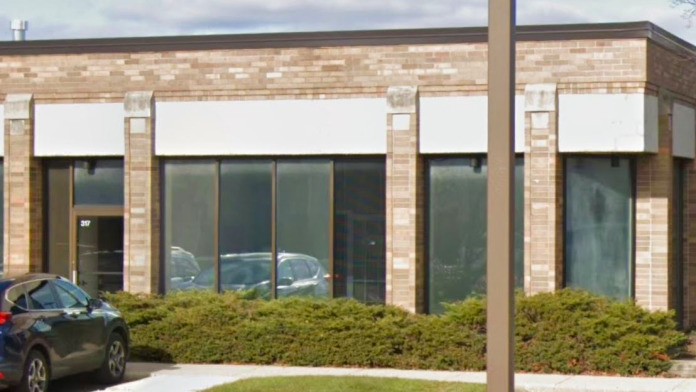
| |
Top Illinois Cities | |||||
Des Plaines, IL | If you’re looking for an outpatient addiction treatment facility for adults in Des Plaines, Illinois, you can go to Symetria - Des Plaines Outpatient Rehab & Suboxone Clinic. They can also help people with co occurring mental health disorders. Symetria treats people using medications and counseling. One unique element is that you get unlimited o | Treatments Programs Payment Options | Joann is an excellent employee, her help is incredible!!
Thank you
Kenneth Sypien
5 months ago
Amazing staff, very helpful and attentive.
Brad R
1 year ago
I needed help and looking back I could not have found a better place. Everyone here is outstanding and very caring. I am happy healthy and alive thanks to the staff here.
Frankie Z
1 year ago
| 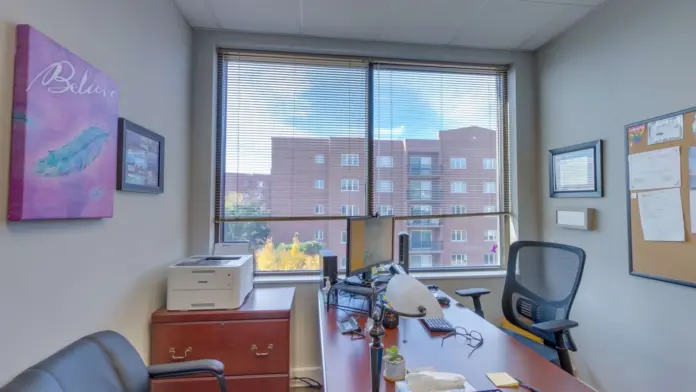
4 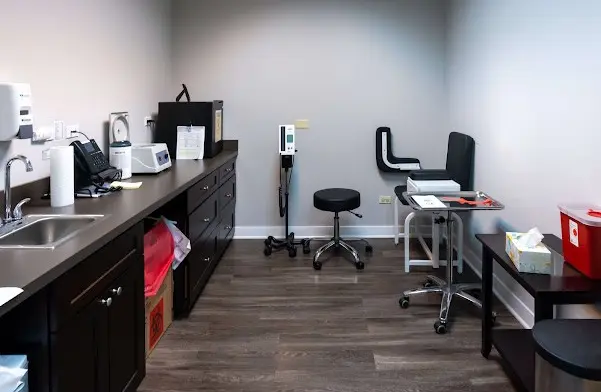
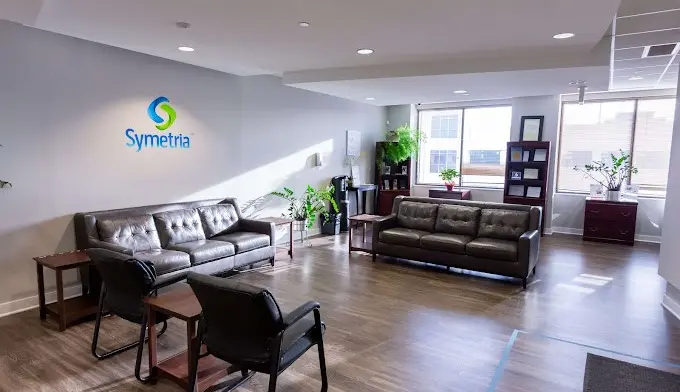
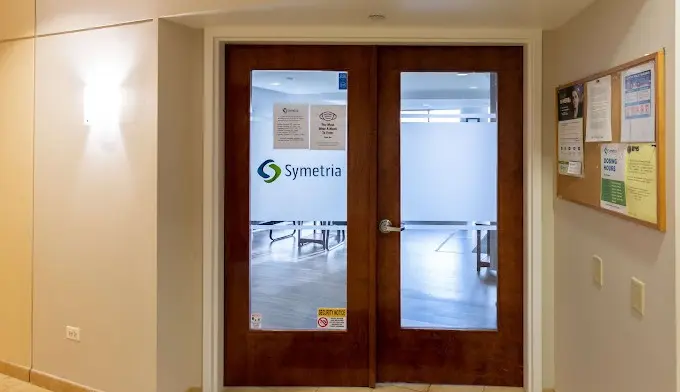
| |
Chicago, IL | AMITA Health Resurrection Medical Center Chicago has a team of specialists who focus on treating the 'whole you' through various residential or inpatient addiction treatment programs. This center is found in Chicago, Illinois. They predominantly treat adults with cardiovascular and cancer issues. But they also tackle behavioral care that includes s | Treatments Programs Payment Options | My first time in this hospital and I don't regret it nurse jenna& Nicole were awesome! Jenna was fantastic she made my first time experience great. She was super sweet and lovely! Thank you Jenna 😊 thank you for all of you in this clinic all were very professional and outstanding and awesome!
Cecilia Perez
5 months ago
This was our first time experience in this hospital. We were treated very nice by all the staff. They were very helpful. The rooms and hospital is very clean... ER doctors saved my husband's life... very, very thankful for all of them. Doctors that preformed surgery were checking in evwry day.. we were always updated on what's the next step.ICU staff so so thankful for making us feel safe..Mitchell 1 and Mitchell 2, Beata and Nora thank you for everything you have done for us!
aneta gawron
9 months ago
I was helped by Courtney! She was awesome and the Doctor as well ! I will be setting uo my primary care here
Gustavo Hernandez
11 months ago
| 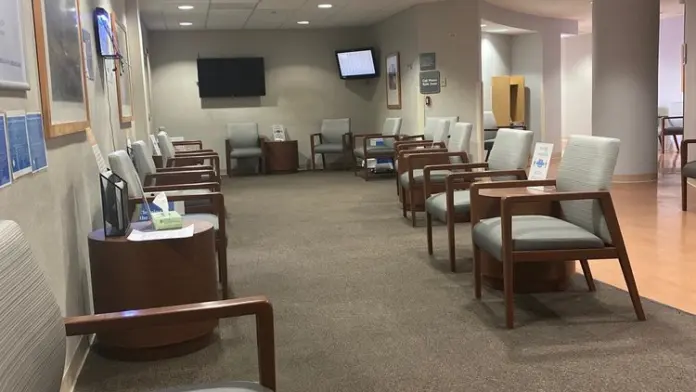
2 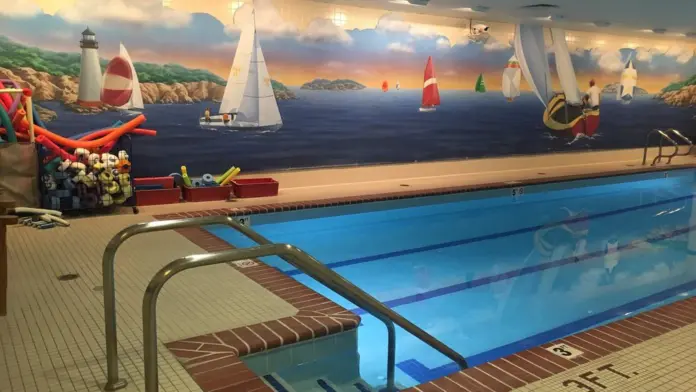
| |
Glenview, IL | Center for Discovery has a residential center in Glenview, Illinois. This is a treatment facility that serves girls and young women who are experiencing struggles associated with an eating disorder. They work with females aged 11 to 21. They also have services if your eating disorder exists in conjunction with a co-occurring substance use disorder. | Treatments Programs Payment Options | i went here when i was 16 and i thought it was hell on earth. years later there is only one facility in my life that hasn’t left me with nightmares and it is this one. i cook with the skills i learned there and it helped me get confident in the kitchen before i returned home. tomorrow marks half way through my first week of college. i didn’t think i’d make it, but here i am
sydney
1 year ago
Amazing staff, so warm and welcoming
Jackie Jackson
1 year ago
Therapist Lexi cares deeply about her patients and takes her job very seriously. Would highly recommend.
Rebecca Gorski
1 year ago
| 
3 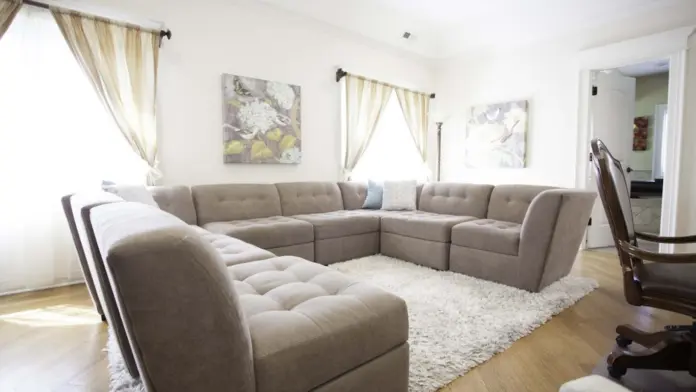

| |
Avenues Recovery Center at South BendAd This is an ad and Avenues Recovery Center at South Bend is a paid advertiser. Paid advertisers may be listed first in search results. This ad may contain content provided by the advertiser. Rehab.com does not verify ad content or any reviews that are displayed. Learn More South Bend, IN | Avenues Recovery Center at South Bend is a 120 – bed residential facility offering drug and alcohol detox and inpatient rehabilitation services. Our expansive building is newly renovated, modern and appealing, offering a serene haven for healing and restoration. Centrally located yet on its own private campus, Avenues at South Bend provides t | Treatments Programs Payment Options | View Website (574) 345-0246 | Avenues Recovery Center at South Bend has no reviews yet. Leave a review.
| 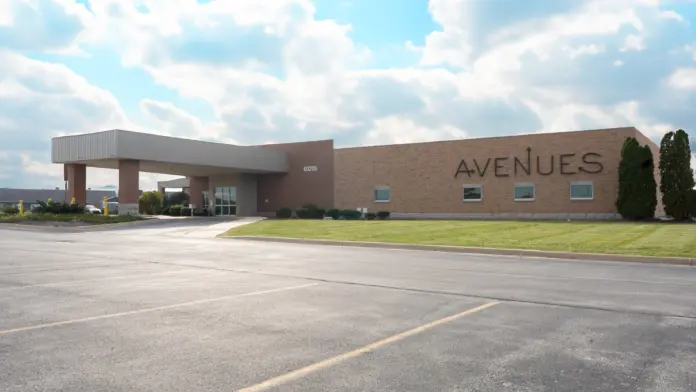
4 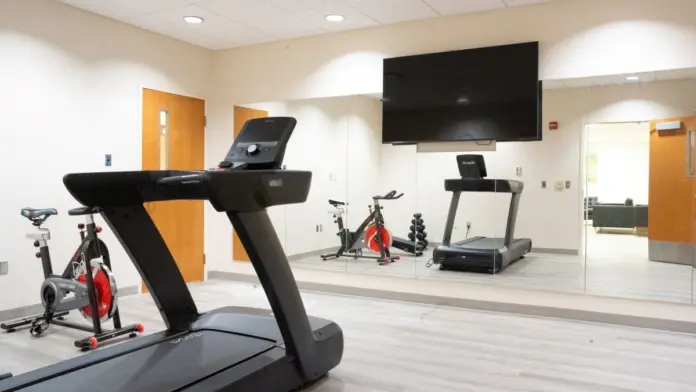
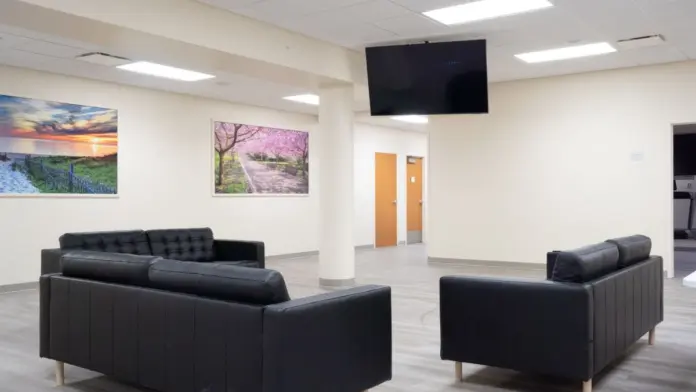
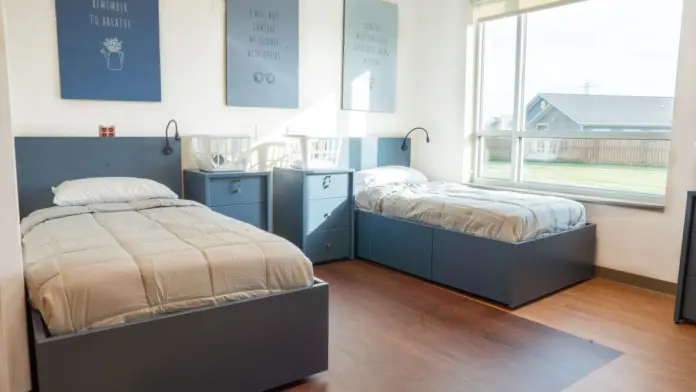
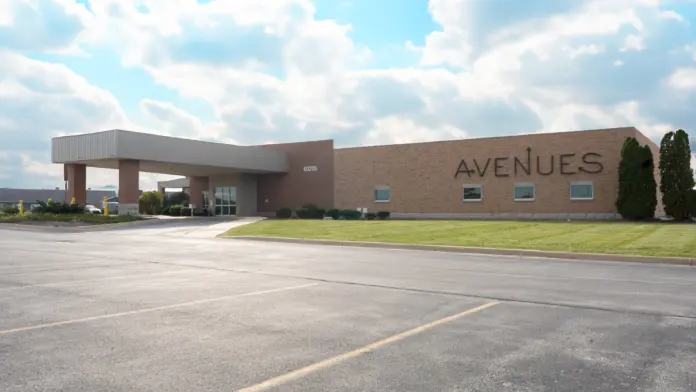
|
Kenosha, WI | They offer supervised medical treatment to safely manage withdrawal symptoms during detoxification, residential care providing long term support for addiction recovery, as well as flexible outpatient addiction therapy allowing patients to live at home while receiving regular treatment. Additional levels of care offered include relapse prevention, r | Programs Payment Options | Melissa is alright.
James
4 months ago
Awesome ppl who actually care about your well being! I’d recommend them to anyone struggling with addiction issues.
Andrew Beltoya
1 year ago
All of the staff are super friendly and their goal is to help you be successful. The PA listens to you carefully and he will suggest and prescribe medication to aid you to reach your goals. The counselor will work with you to set up a plan for your recovery and listens intently to you to help you reach the goals you have set. She has helped me in numerous ways to overcome anxiety issues that were blocking my path. I believe the whole staff have truly saved my life.
Wayne Chapman
1 year ago
| 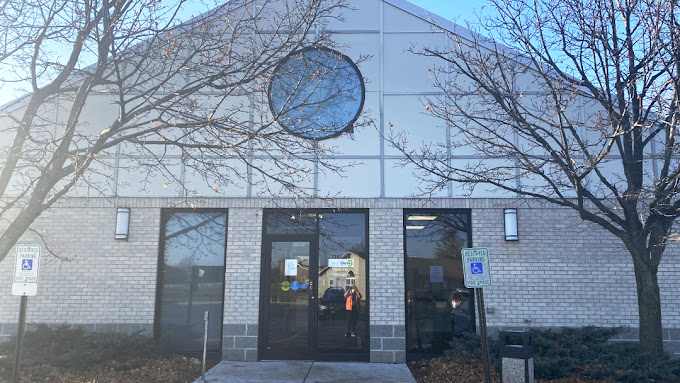
5 5 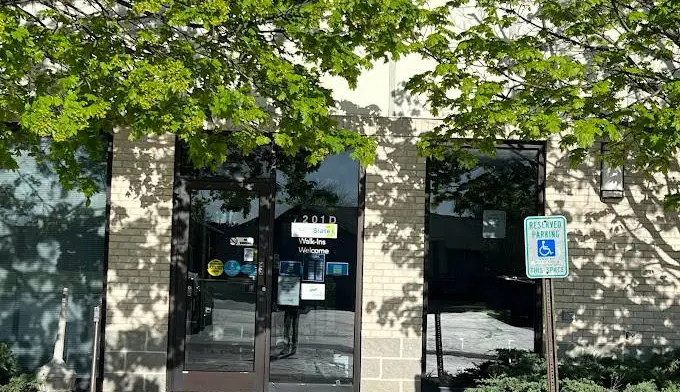
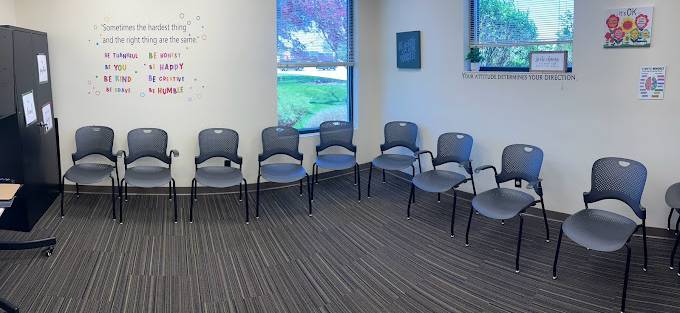
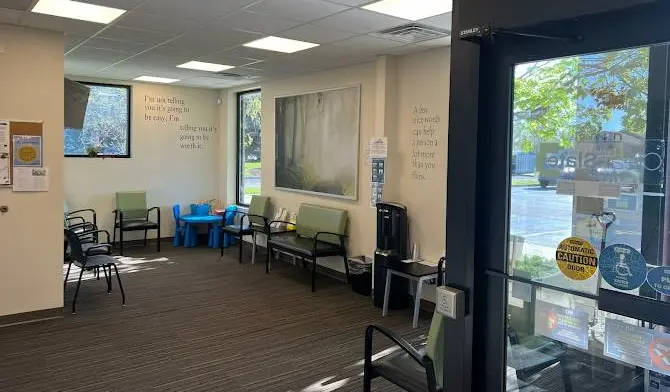
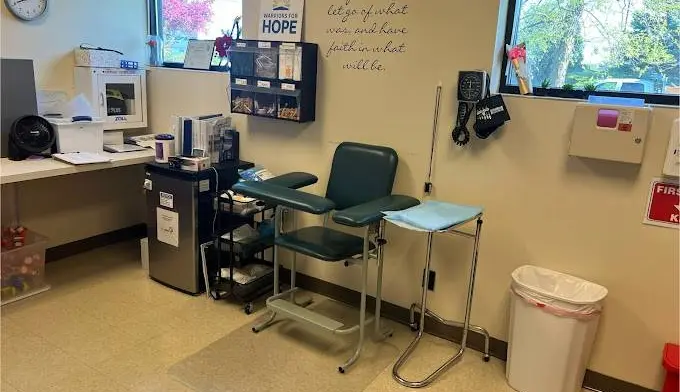
| |
Buffalo Grove, IL | Omni Youth Services is located in the Northwest suburbs of Chicago, in Buffalo Grove, Illinois. They offer comprehensive behavioral health services for youth and their families, including outpatient and virtual counseling services, substance abuse treatment, prevention programs and family preservation services. Omni accepts Medicaid and many commer | Treatments Programs Payment Options | Been sometime but best staff . Alot has changed
Audrey Kirkpatrick
3 years ago
Omni is a premier not-for-profit provider of youth and family counseling services in the Cook and Lake county areas.
John McCarthy
9 years ago
Fantastic people, and a great place for kids that need that extra something in their lives...
Kevin Miller
10 years ago
| 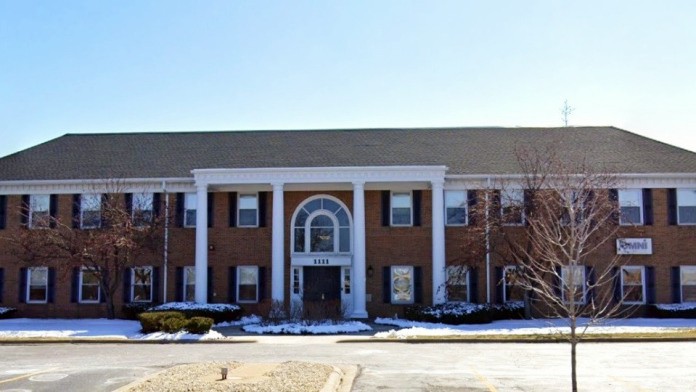
| |
Lake Villa, IL | The Gateway Foundation in Lake Villa, Illinois, is a 16 bed residential facility offering round the clock medical care and personalized addiction rehabilitation in a lakeside setting. Accepting both commercial insurance and Medicaid, their medical detox and medication assisted treatment (MAT) programs are certified by LegitScript and accredited by | Treatments Programs Payment Options | I came here misguided in 2017
Mitch my mentor taught me valuable lessons and I fell back into my ways when I came out but never forgot what I was taught. Used to wipe windows on street corners , I’ve purchased my 7th car today
2 years clean & I work for the governor now. You can change if you want to , but this place was the reason I didn’t end up like the rest of my friends fortunately. Thank you gateway, figure I leave a real honest review with no sugar coating.
Purple Swag
5 months ago
Gateway Foundation changed my life. Dont let these bad reviews deter you from changing your life. The 1 star reviews are losers who never stood a chance anyway. This place will get you clean if you check your baggage at the door.
No Way
6 months ago
I've been in treatment a few times, however the excitement I had this last time, literally the last time as claint. They say recovery is fun, now I understand
Anthony Fleming
10 months ago
| 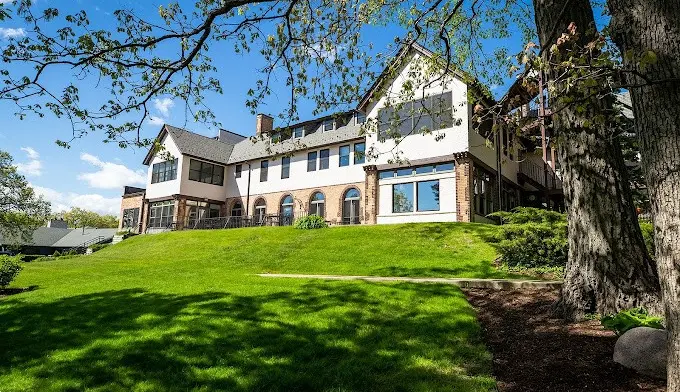
3 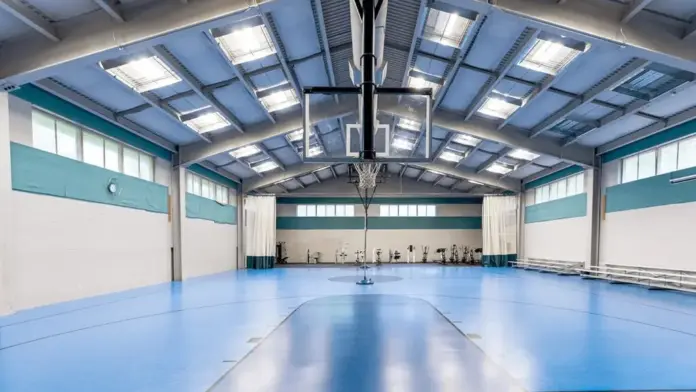
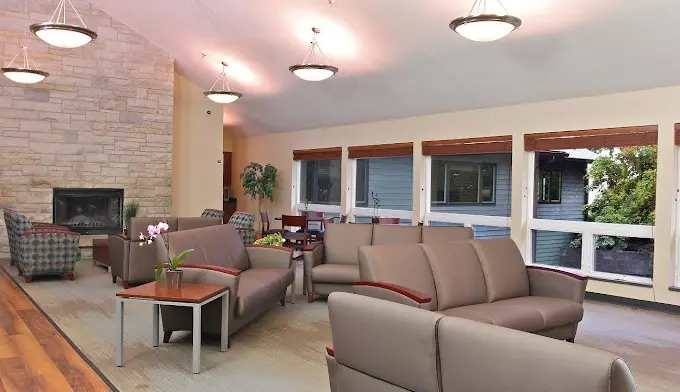
| |
Elk Grove Village, IL | Ascension Alexian Brothers Medical Center is a health care facility that has departments for behavioral health and drug addiction. They are located in Elk Grove Village, Illinois and have different programs to help people in different situations. Their programs are given in inpatient and outpatient environments. This facility also offers help with | Treatments Programs Payment Options | Everyone was awesome at the hospital. Explained everything. Shout out to my anesthesiologist with the donut hat. She was awesome
James Roberson
2 months ago
I was transferred from another hospital to the neuropathy. I suffered a mild stroke. The staff in ICU we're fabulous and the best. I wish I could recommend the entire department to a daisy award
Mike Gac
2 months ago
Outstanding care from everyone involved. The PCT’s were especially helpful.
Jim Hennessy
2 months ago
| 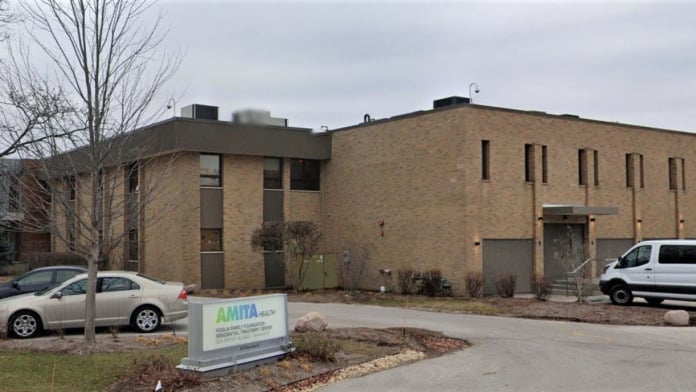
5 5 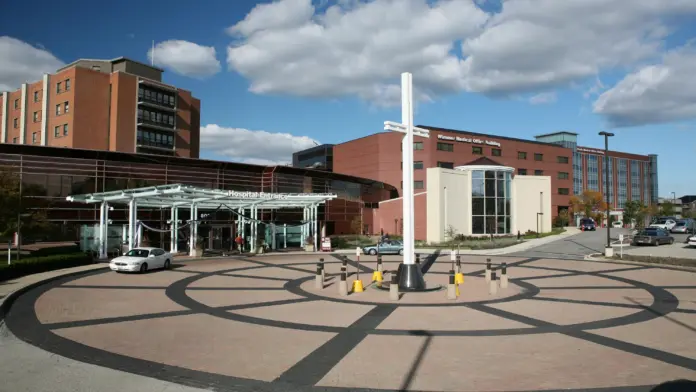

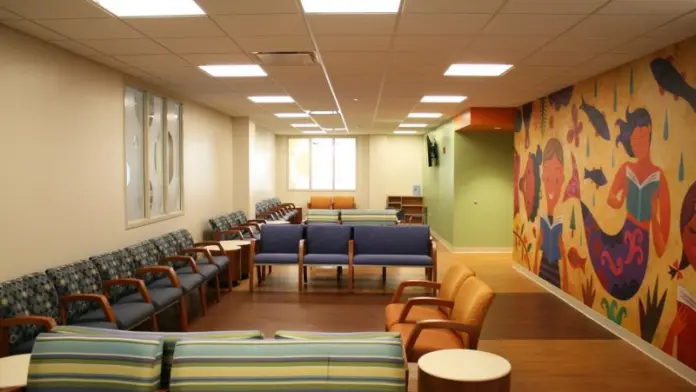
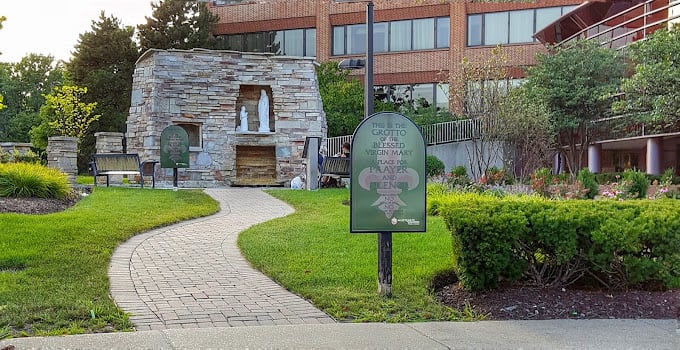
| |
Des Plaines, IL | Ascension Holy Family - Addiction Services formerly known as Presence Holy Family Medical Center is a faith-based acute care hospital and treatment center for adults in Des Plaines, Illinois They provide comprehensive medical care, mental health and addiction resources, psychiatric services, education, community mental health, and aftercare. Addict | Treatments Programs Payment Options | Very caring
joann Drozd
8 months ago
They're very friendly and very accommodating if you're late they kind of help you out they've done an outstanding job taking care of me
Lenny Koczor
8 months ago
My dad was brought here for continued care, and I can confidently say this is the best LTACH we’ve experienced. Most of the employees here are incredibly compassionate, attentive, and genuinely caring. The staff overall are truly GREAT!
Starting with the 3rd floor Nursing Manager, Joshua — an exceptional leader. He is understanding, a great listener, and was consistently supportive. He made a difficult time so much more bearable for our entire family. We are truly grateful for his presence and professionalism.
A big thanks also goes to the night-shift Nurse Supervisor, Chris, who was equally outstanding and always on top of things.
The nursing team deserves major recognition as well. Sylvia is top tier, and Andrea, Brigitte, Fidaa, Bosky, Jennifer, Dorian, Ritchie, Rincy, and Agaa were all excellent and deeply caring throughout.
Respiratory Tech Joby stood out for his professionalism and kindness, along with team members like Vikram, Mercy, Billy, Benzie, and Anna. Unfortunately, I have to give 4 stars instead of 5 due to one very poor experience with a tech named Sheena, which did affect our overall impression of the respiratory department.
I also want to commend the wonderful security team at the main entrance — Fedle, Bob, and Jerry were always warm and helpful. Special shoutout to Jasimine for her positive attitude.
There are many more staff members whose names I can’t recall, but they all contributed to a truly positive experience. If you’re considering this facility for a loved one, I wholeheartedly recommend it. You can bring your family member here with peace of mind knowing they’ll be well cared for.
Badee Alawi
10 months ago
| 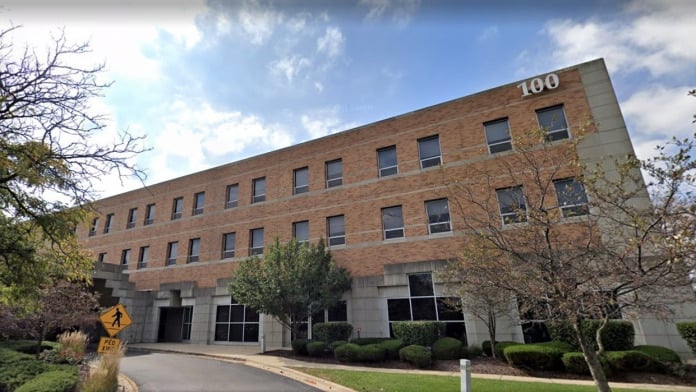
4 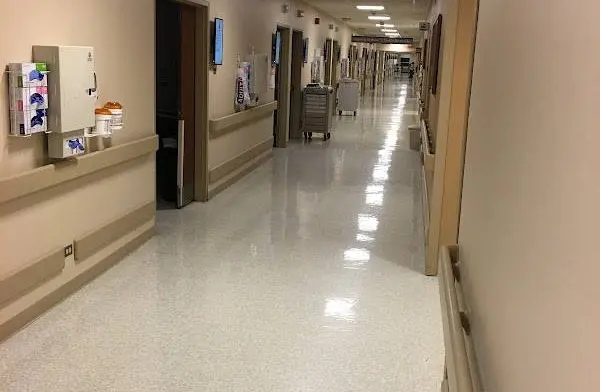
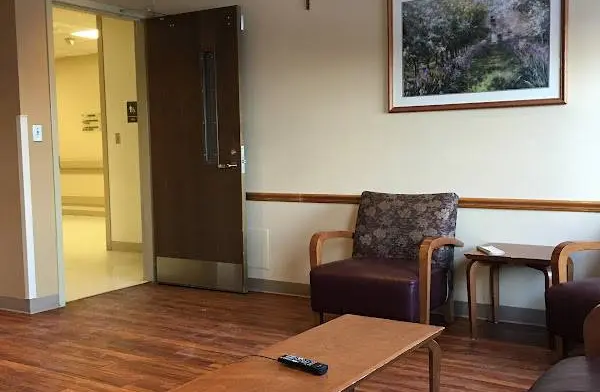

| |
Northbrook, IL | Compass Health Center- Northbrook, located in Northbrook, Illinois, offers behavioral health care for people with anxiety disorders, mood disorders, and other mental health conditions that impact their ability to function on a daily basis. Compass Health Center- Northbrook offers partial hospitalization and intensive outpatient treatment servic | Treatments Programs Payment Options | The entire Compass staff here, from the receptionists, nurses, treatment team and group therapists are truly some of the most caring, giving, compassionate, supportive and exceptionally intelligent & wonderful individuals I have ever had the privilege to meet and entrust my care to. I would recommend this center for anyone struggling with mental & emotional needs and need professional help and care. I will never forget this team and am forever grateful to them for the support and treatment I received during my healing journey here.
Charlotte Wilson
3 months ago
I’ve been to Compass, and it honestly helped me a lot. I’ve struggled with anxiety and depression since quarantine, and I learned some really good coping skills here. The child program’s great, and the adolescent one’s okay. There were a few things I didn’t love, but overall it was a good experience and the two months I was there really paid off.
Hannah
3 months ago
Compass helped give me my life back! I was in program for a few months. Compass was a safe and comfortable environment to grow and learn. I highly recommend the OCD/complex anxiety program to those who may struggle with anxiety and OCD. Exposure therapy changed my life. I am so grateful for my time at Compass. I couldn’t have asked for a better treatment team.
Elisabeth Mies
3 months ago
| 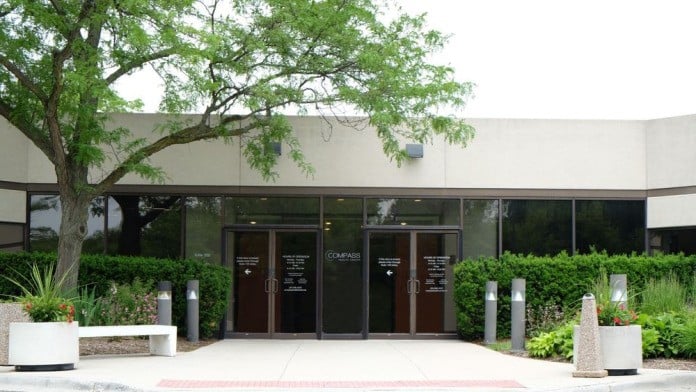
6 6 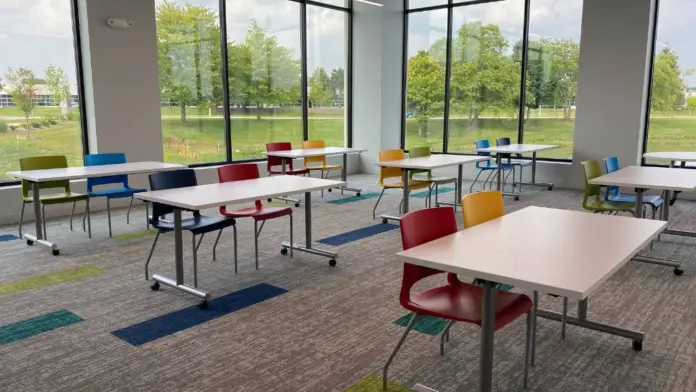
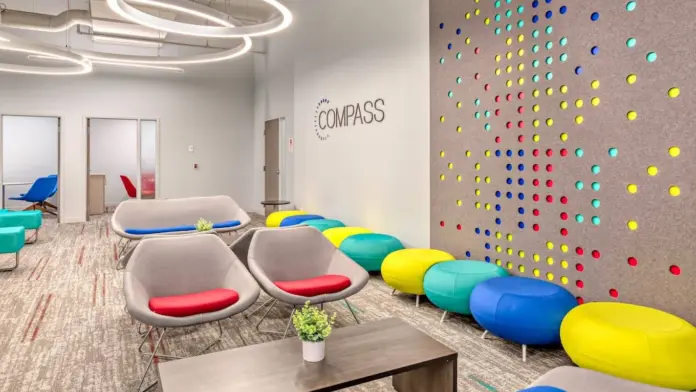
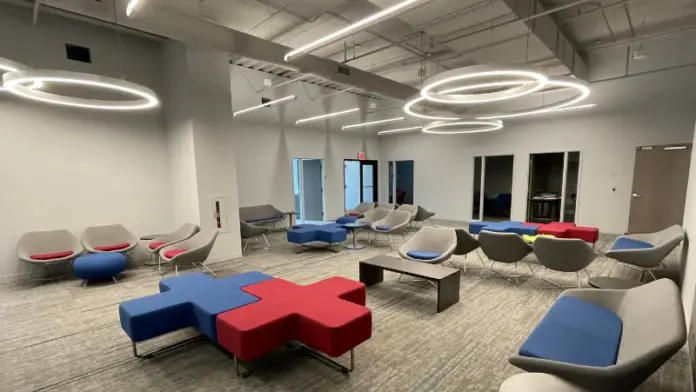
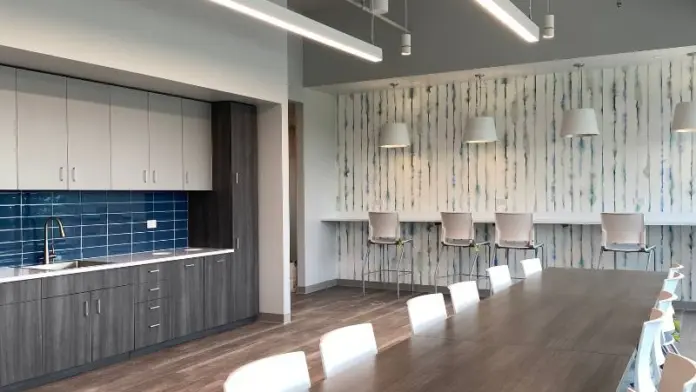
| |
Avenues Recovery Center at ClarksvilleAd This is an ad and Avenues Recovery Center at Clarksville is a paid advertiser. Paid advertisers may be listed first in search results. This ad may contain content provided by the advertiser. Rehab.com does not verify ad content or any reviews that are displayed. Learn More Clarksville, IN | Avenues Recovery Center in Clarksville, Indiana, is an inpatient drug and alcohol detox and rehab center. They strive to provide individuals receiving treatment with a loving environment and attentive medical care. You’ll be away from toxic environments and triggers and have the opportunity to focus on developing life skills that will support you | Treatments Programs Payment Options | View Website (930) 203-1947 | Avenues Recovery Center at Clarksville has no reviews yet. Leave a review.
| 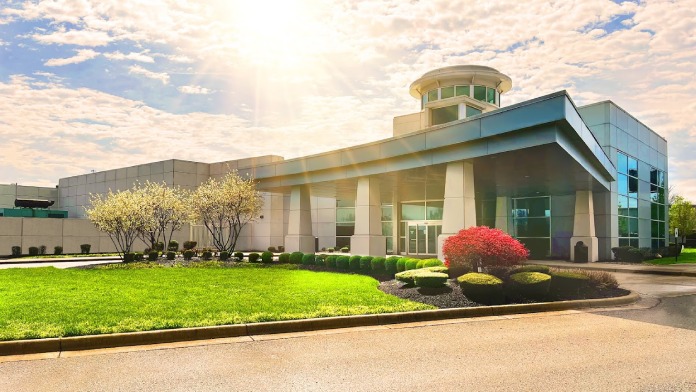
4 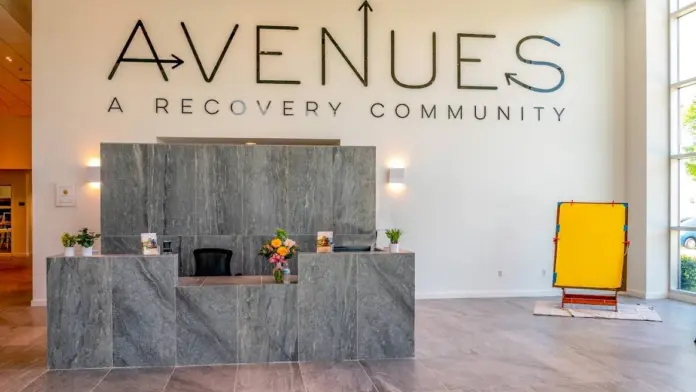
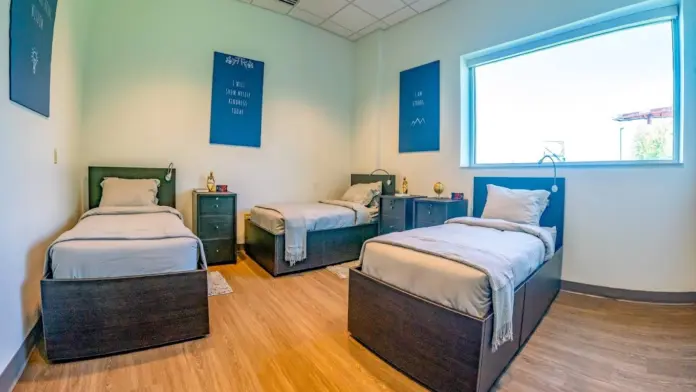
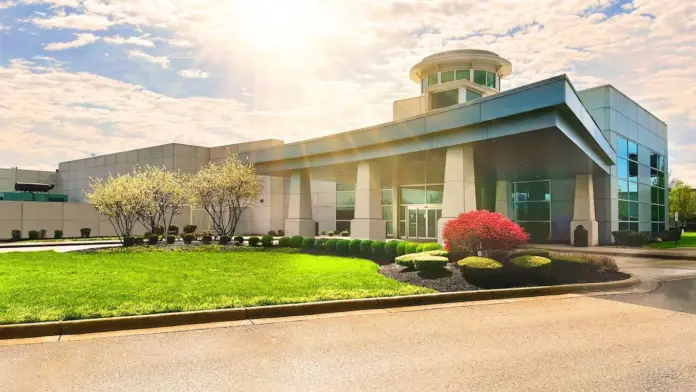
|
Des Plaines, IL | Ascension Holy Family Medical Center is a varied healthcare center in Des Plaines, Illinois that offers outpatient addiction treatment. The facility is actually primarily a long term acute care hospital for people who need a long hospital stay for medical conditions. But their outpatient substance use treatment program is an excellent resource for | Treatments Programs Payment Options | Very caring
joann Drozd
8 months ago
They're very friendly and very accommodating if you're late they kind of help you out they've done an outstanding job taking care of me
Lenny Koczor
8 months ago
My dad was brought here for continued care, and I can confidently say this is the best LTACH we’ve experienced. Most of the employees here are incredibly compassionate, attentive, and genuinely caring. The staff overall are truly GREAT!
Starting with the 3rd floor Nursing Manager, Joshua — an exceptional leader. He is understanding, a great listener, and was consistently supportive. He made a difficult time so much more bearable for our entire family. We are truly grateful for his presence and professionalism.
A big thanks also goes to the night-shift Nurse Supervisor, Chris, who was equally outstanding and always on top of things.
The nursing team deserves major recognition as well. Sylvia is top tier, and Andrea, Brigitte, Fidaa, Bosky, Jennifer, Dorian, Ritchie, Rincy, and Agaa were all excellent and deeply caring throughout.
Respiratory Tech Joby stood out for his professionalism and kindness, along with team members like Vikram, Mercy, Billy, Benzie, and Anna. Unfortunately, I have to give 4 stars instead of 5 due to one very poor experience with a tech named Sheena, which did affect our overall impression of the respiratory department.
I also want to commend the wonderful security team at the main entrance — Fedle, Bob, and Jerry were always warm and helpful. Special shoutout to Jasimine for her positive attitude.
There are many more staff members whose names I can’t recall, but they all contributed to a truly positive experience. If you’re considering this facility for a loved one, I wholeheartedly recommend it. You can bring your family member here with peace of mind knowing they’ll be well cared for.
Badee Alawi
10 months ago
| 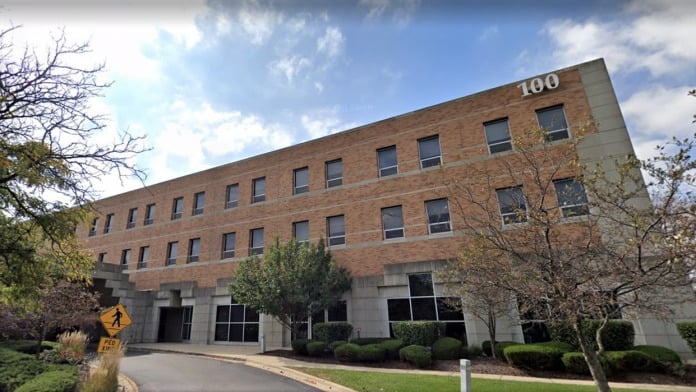
2 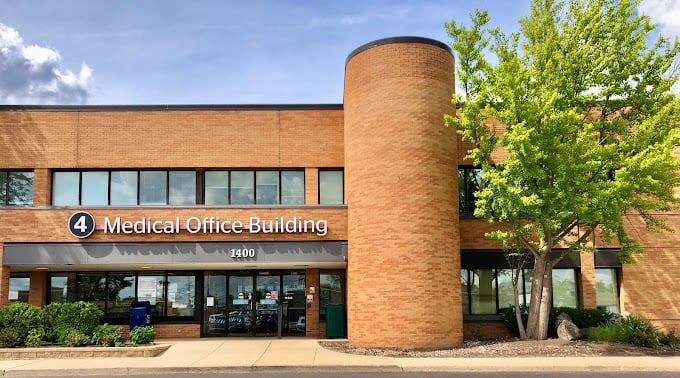
| |
Hoffman Estates, IL | Ascension Illinois - Behavioral Health Hoffman Estates in Hoffman Estates, Illinois offers a range of support service, including behavioral health and addiction treatment. Support is available to teens and adults including those with co-occurring mental health issues. Financial assistance is available for services at this facility for those eligibl | Treatments Programs Payment Options | I spoke to Jessica to set up my first appointment. She was super helpful, and she was pleasant and knowledgeable. She lead me through the entire process in an understandable and efficient manner. Great job!
Tim McCormick
10 months ago
The valuable lessons provided truly shift your perspective on life, regardless of your starting point. Greg Ammon, Vincent Donlon, and the instructors who delivered the lessons were once part of my support network. I cherished their guidance and gained significant knowledge from them. Reflecting on how long it has been since my diagnosis feels surreal. The journey to recovery was facilitated by the insights and assistance I received. Embracing the process involves being receptive to learning and adjusting one's mindset and actions. Thank you for all you do for our community, we appreciate your work and dedication. :)
Catiel Galindo-Z
1 year ago
All the staff and Dr. Dekhtyar were amazing!! I couldn’t express more how well they take care of their patients!!
Patricia A
1 year ago
| 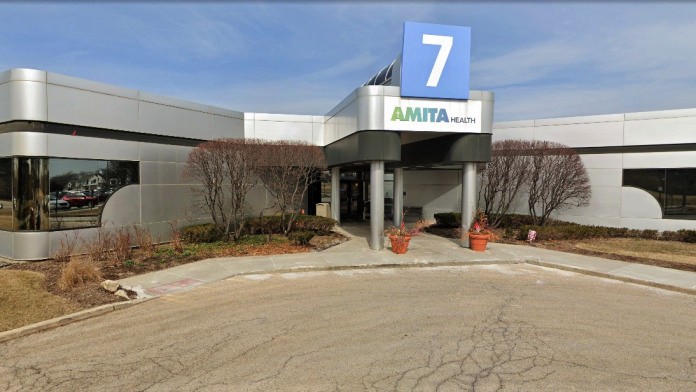
| |
Hoffman Estates, IL | Child Adolescent and Family Recovery Center, located in Hoffman Estates, Illinois is a private alcohol and drug rehab that offers treatment for a variety of substance abuse addictions including alcoholism, co-occurring mental health disorders, and opiate addiction. They offer flexible outpatient addiction therapy allowing patients to live at home w | Treatments Programs Payment Options | I would like to thank Claudia at CST Counseling for her genuine help in guiding me to find the correct resource. I had called a few days ago seeking a service that this practice doesn't offer. Claudia was able to clarify what type of service I was looking for and provided at least 5 different referrals for places that do offer this service. CST was actually the 3rd place I called looking for this service. The other practices simply said they didn't offer it and that was that. I sensed a care here for clients that you can feel immediately when you talk to them. She could have said they don't offer the service like the others, but her willingness to find other places that do really touched me and sincerely helped me to find the right service. Thank you so much Claudia, and if I ever need therapy services, this is the place. God bless you and your practice and what you do for others!
Samantha Myers
3 months ago
Great place with good people. I highly recommend.
Grace Kostopoulos
4 months ago
The office is very clean and inviting. My therapist’s room gave me a cozy feeling and helped me feel comfortable in opening up.
Lisa Raphael
5 months ago
| 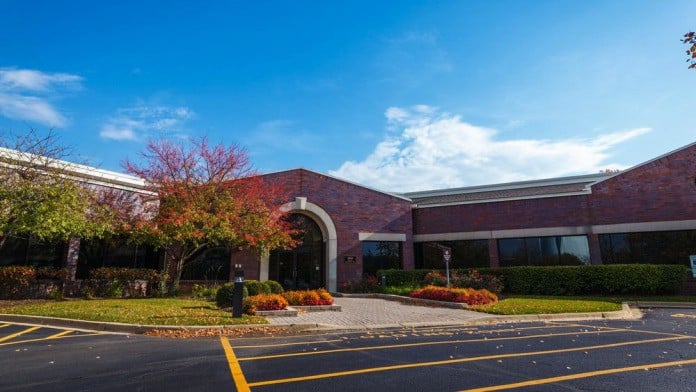
| |
Evanston, IL | The Bobby Buonauro Clinic on West Howard Street in Evanston, Illinois, has been helping people in the Chicago area recover from opioid addiction since 2002. With methadone maintenance therapy (MMT) and other supportive services, they provide care in a city known for its community focus and accessibility. The clinic is open Monday through Friday fr | Treatments Programs Payment Options | Kim and Melonie are the most welcoming , kind hearted, caring individuals. I never once feel judged and as an addict I’m used to being treated so. But not here. I’m treated like the human being I am and with respect. They really do the most to make the environment a more welcoming enjoyable experience. When I first came here I was broken and lost in addiction just trying to look for a way out and this place really helped me get on the right path. Recovery is possible and keep going!!!
itsonlykelly duh
7 months ago
LOVE, LOVE this clinic!!!! Only clinic my husband & I have joined that treat you with the upmost respect. Melanie & Kim go above & beyond their jobs plus more. They make sure your all set up & don’t need any other resources also. My counselor Chris is unbelievable! First counselor I’ve had that can relate & I actually want to talk & open up. Such a fresh of breath air there, it gives ya hope for once.
Thank you guys for everything you guys do🩷
Star
9 months ago
Great 👌 place "
They really make you feel at home 🏠.As for some of us that never had a family or what it may it be .....This place makes you part of their family 💯🦍💯 not a 💰 amount . They give back in many ways ... From snacks , clothes , hygiene products , respecting & treating an individual like a human being and showing appreciation , understanding , & grace no matter what walk of life you come from ... I get poked by this purple cactus 🌵 every other day & happily greeted by all ... From the front desk Ms.Kim 'to the counselors , Mr. Will , Dr. , Nurses , down to the fish....
May Bobby Buonauro Rest In Paradise & would I have loved to meet him and Thank him
in person for all his help...
J!Dirty
1 year ago
| 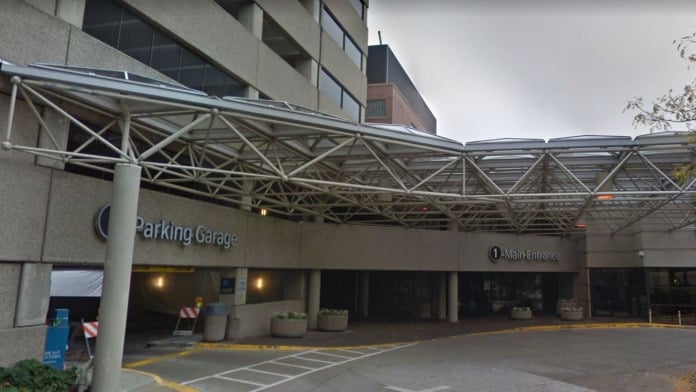
| |
Arlington Heights, IL | NCH Behavioral Health Center, located in Arlington Heights, Illinois is a private alcohol and drug rehab that offers treatment for a variety of substance abuse addictions including co-occurring mental health disorders. They offer supervised medical treatment to safely manage withdrawal symptoms during detoxification, residential care providing long | Treatments Programs Payment Options | The only people who leave bad reviews are the people who didnt want help or treatment. I LOVED IT HERE and they helped me so much with my abusive parents! I stayed here for 60+ days and honestly didn’t want to leave. I loved everyone that worked in the adolescent unit and hope they still work here!
nxiy
3 months ago
I came here for the Adult IOP program after a recent stay at inpatient unit at a different hospital. I cannot say enough about how well this program is run and the people who run it. Dee and Cory are amazing at what they do . They have that perfect balance of understanding your thoughts and challenging your thoughts . Everyone is able to speak as much or as little as they want. The program is well structured and you can expect the same and clear expectations daily. A variety of activities and discussion groups from daily check ins to music and art therapy. Strongly reccommend this program if needed.
Sean Caselton
1 year ago
I was a patient in 2-South recently. The condition that landed me in NCHBHC isn't the usual (it's an endocrine disorder with marked psych symptoms), but thankfully the teams of nurses, docs, caseworkers, and BHAs at NCH not only took me at my word when I explained what was going on, but actively asked insightful, curious questions to gain a better understanding of my condition and how best to help me get back on my feet. They were also phenomenal allies, and because of their conscientiousness and willingness to listen, I felt safe as a nonbinary patient.
Thank you Dr Okoli, Dr Ghani, the entire glorious nursing team, Jen, and the fantastic BHA team. Y'all worked in tandem with my outside team of docs and helped me get back on my feet when I was too exhausted to keep up by myself. Special thanks to Alma, Jen, Donte, John, Emma, Aleksandra, and Syed, who sat with me during difficult moments and made me feel seen and cared-for as myself, not just as a patient. Endeavor, you'd do well to give every single employee there a solid raise (they've seriously earned it), and perhaps consider hiring a few more folks. I was surprised to see some faces back so quickly after they'd already put in a full shift. Your teams need rest and recovery time, too, especially teams so attentively patient-focused as this one.
As far as the facility goes, it's an inpatient mental health hospital. You're rarely the only patient on the ward, and you definitely shouldn't expect to be waited on hand and foot if you're otherwise able-bodied and of sound(ish) mind. You don't get to have your phone or electronics, no drawstrings, no belts, no hoodies-- it can feel isolating, but it's standard protocol for these sorts of places for good reason. This is not a penthouse suite at the Ritz-Carlton-- it is a hospital where you *will* be working alongside your doc team and other patients to heal and adapt. Adjust your expectations accordingly.
Some rooms are singles, and some rooms are doubles. All the floors are clean, beds are comfy, blankets are hospital standard (you can ask for an extra if you're cold, and room temps can be adjusted individually), and the nurse and BHA teams check in every fifteen minutes, day and night. Leaving your door half-open helps mitigate the change in light levels when they check in if that disrupts your sleep, and the nurses can give melatonin to help with getting *to* sleep. Showers are on a sign-up basis in morning and evening, and while the spigots kind of have an awkward spray, the water is warm and the shampoo smells good.
The food is palatable to enjoyable (with the sole exception of the chicken parm, which is... well, it's *only* describable as edible-- best avoid that one), the papers come in daily so there are always crosswords, the TV gets regular channels as well as Freeform and Netflix, and coloring pages and word searches can be requested. They keep you busy with six to seven group sessions a day-- it can be exhausting to attend, and some folks find the topics 'cringey', but believe me, it's stuff that can really help, especially if you're honest with yourself and your docs about what you're dealing with.
Overall, I would recommend NCH Behavioural Health 2-South to any adult in crisis as a safe, warm, helpful place to heal and find your footing again.
Qaftsiel
1 year ago
| 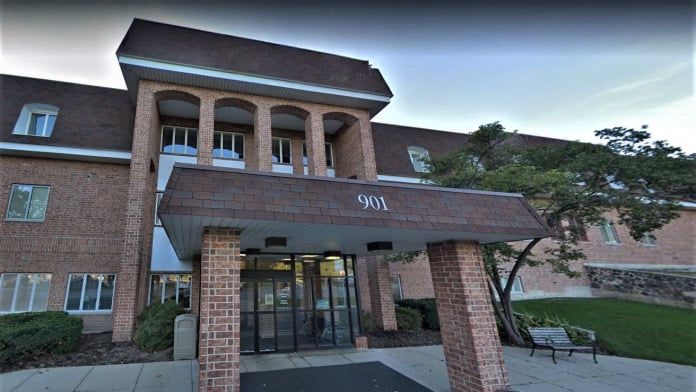
2 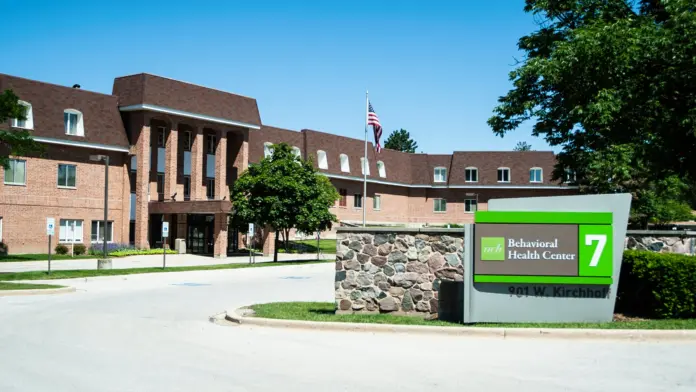
| |
Vernon Hills, IL | Symetria Recovery – Vernon Hills is less than an hour from Chicago, in Vernon Hills, Illinois. For over 17 years, this CARF-accredited outpatient center has offered specialized care for adults battling opioid and alcohol addictions as well as co-occurring disorders. They provide medication assisted treatment (MAT) and an outpatient program to hel | Treatments Programs Payment Options | If anyone has a problem I recommend it.
Szczepan Swiderski
1 year ago
Symetria has helped me with my alcohol issues. My therapist, Deshae has been involved with me through the good and bad. They give me reasons to move forward towards my recovery.
Javier Alanis
1 year ago
The staff, Nicole, Dashae the therapist and everyone involved in the care of my son, I would like to say thank you. Your caringness, kindness professionalism and dedication show how much you have helped him with his sobriety. Everyone has been amazing to talk with. Any questions or concerns they will help you. This is a place that truly cares about people and helping them to lead to succession. Thank you for helping my son.
Annette Wilson
1 year ago
| ||
Avenues Recovery Center at IndianapolisAd This is an ad and Avenues Recovery Center at Indianapolis is a paid advertiser. Paid advertisers may be listed first in search results. This ad may contain content provided by the advertiser. Rehab.com does not verify ad content or any reviews that are displayed. Learn More Indianapolis, IN | Avenues Recovery Center at Indianapolis is a 144 – bed detox and residential rehab facility offering drug and alcohol addiction treatment. Located in the heart of Indianapolis, Avenues offers an evidence-based clinical program, comprehensive medical care, and custom MAT options – consistently yielding highly effective results. Its multidisc | Treatments Programs Payment Options | View Website (463) 221-4959 | Avenues Recovery Center at Indianapolis has no reviews yet. Leave a review.
| 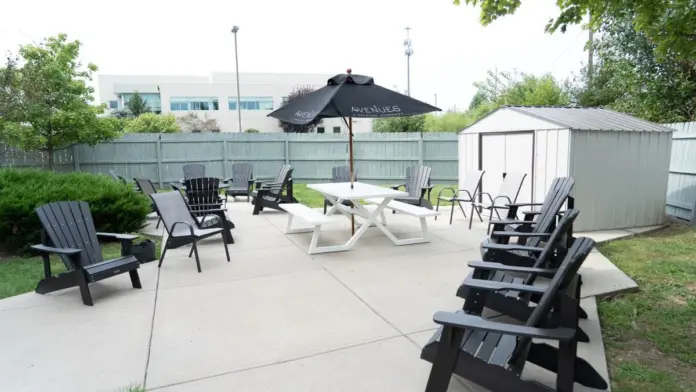
6 6 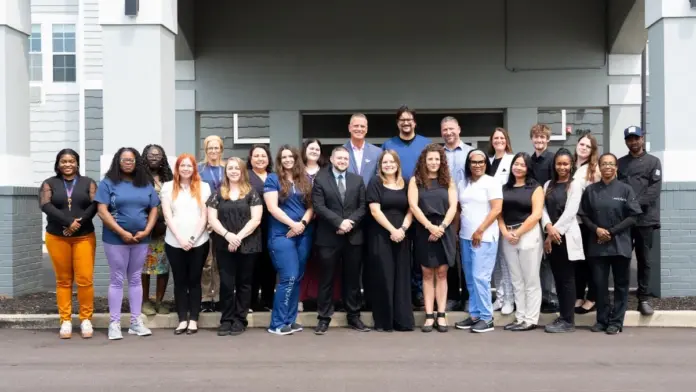
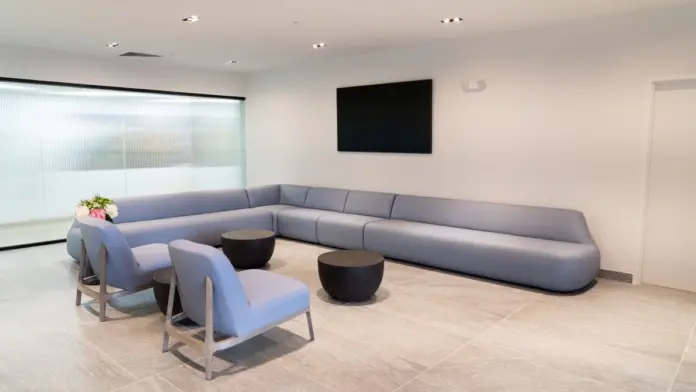
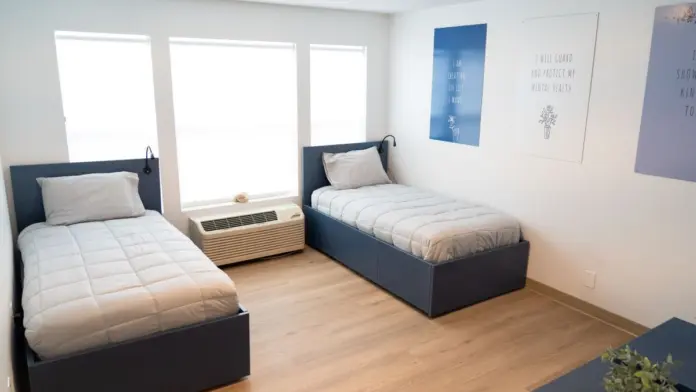
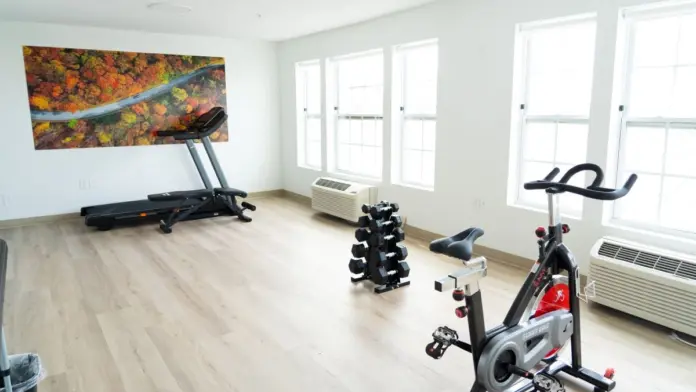
|
Evanston, IL | Evanston Hospital- Doreen E. Chapman Center, located in Evanston, Illinois, offers comprehensive treatment for substance use disorder. They also provide services to those in need of dual diagnosis treatment in order to address underlying mental health conditions that need resolution. Endeavor Health Evanston Hospital is an integrated healthcare fac | Treatments Programs Payment Options | Joaj Casey. And. Lsve. Ery. Let son. Let cdogs out. Joan palce. Halp for. M. Joan meeet uou. Our. Palce. Joan come our palce ten maites. Joan Ceey. Me up. Josj. She. Tske. Let. Dogs out. Be celltigut. Joan she. Let. Dogs out. Let. Dogs out. Let. Dogs out. Let. Dogs. Out. Let. Dogs. Out. Let. Dogs out. Let. Dogs out. Let. Dogs Out. Josj. Let. Dogs out be cel. Joan our. Palce. Joan come. Our. Palce. Meeet you chior
Joaj. Meet you out. Papce
Joan. I. Waht coke. Our. Palce. Talk klly. Joan Casey. Meet. Our p lsve Two ka. Joaj. Lsve. Eey. Let. Dogs out. Let. Dogs o it. Let. Dogs out. Let. Dogs out. Joan. I waht. Halp. Joan. Come down sydome canter. Joan. Meeet. You diwn sydome canter. Ceey j sup carry. JSU o Joaj jeeet you down sydome canter. Joan. Come down sydome canter eey j w up jsu o. Joan. Jeeet you down sydome canter Joan come down sydome meeet you. Diwn sydome canter cey jsu o. Josnc u. Want lsve eey. Auny. Bathrom and bathroom and bathroom and bathroom and bathroom and bathroom and bathroom and bathroom and bathroom and bathroom and bathroom and bathroom and bathroom and bathroom and bathroom
Julie Halfen
2 months ago
I had an echocardiogram done by David Tuesday November 18. He was so sweet and kind and we talked the whole time. He knew exactly how to take my mind off my worries! He is a keeper!!!! Thank you David!
dawn diesi
3 months ago
We would like to thank the entire hospital team for everything you did for our daughter. Your quick response, professionalism, and kindness made a difficult moment much easier for our family. Our daughter was first admitted in January and remained under your care for three months, and throughout that time we felt supported every step of the way. She recovered thanks to your excellent and continuous care. A special thank-you to the pediatric department, Dr. David Roberts, and the infectious disease unit for your attentiveness, compassion, and outstanding level of care. We are truly grateful and will always remember your support.
Оля Кудла
3 months ago
| 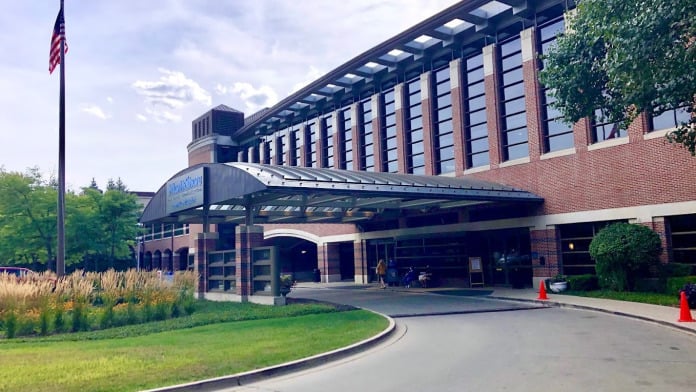
4 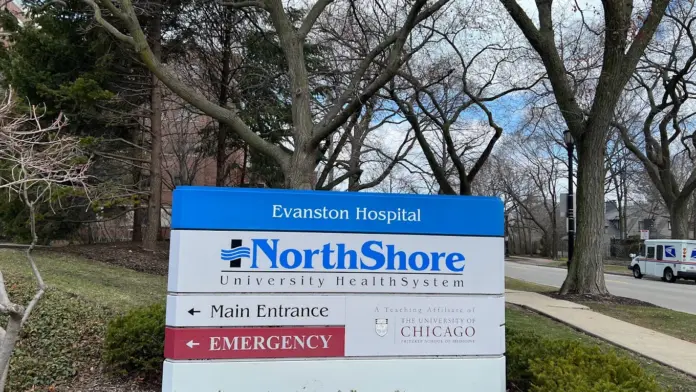
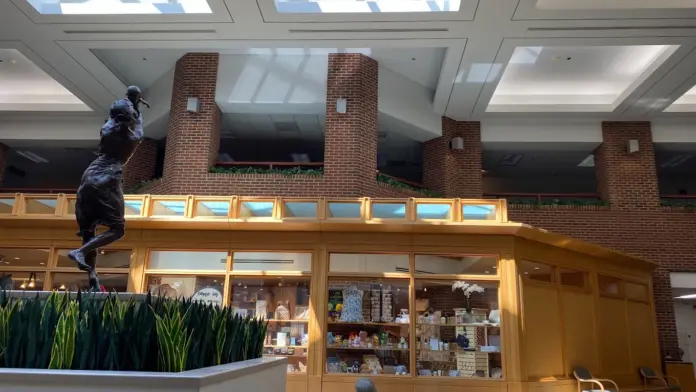
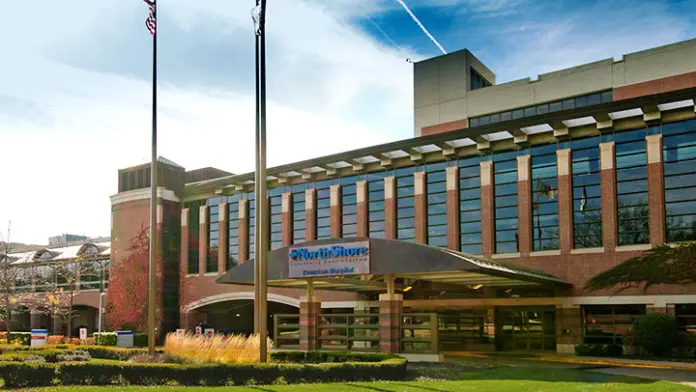
| |
Des Plaines, IL | Family Guidance Centers is a drug and alcohol rehab facility located in Des Plaines, Illinois. They treat people for substance use disorder (SUD) and dual diagnosis. They have a trained staff that can provide you with medically assisted recovery (MAR). They take private insurance and self-pay. However, no one is ever turned away because they canno | Treatments Programs Payment Options | The best center all of the staff are amazing and they all nice I really appreciate all of you guys. Thanks for everything you guys helping me.
Humam Sobhi
4 months ago
The best clinic I have ever been to out of the many clinics I've attended (from Vegas all the way to Florida) out of the last decade. Staff is understanding, efficient, helpful, and compassionate.
chi bebe
4 months ago
Great people they are there to help forsure
Hunter Atkins
6 months ago
| 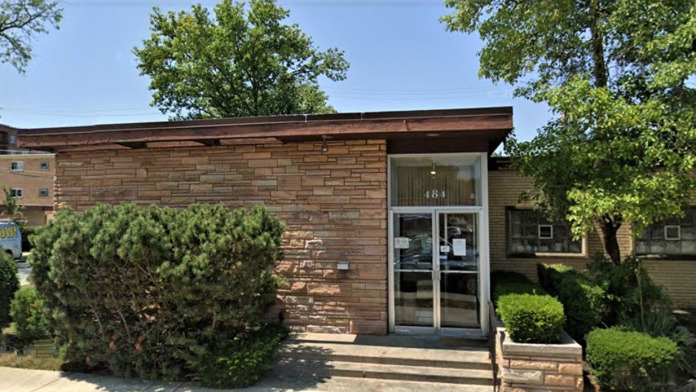
| |
Norridge, IL | DUI Counseling Center — Norridge in Norridge, Illinois is a licensed treatment center that extends outpatient services for substance use disorders. You’ll find a team of experienced counselors ready to support you with alcohol and drug evaluations, risk education, and court mandated treatment. Many clients describe the staff there as profes | Treatments Programs Payment Options | Lucyna is the best
Michael A
4 months ago
Lucyna is the best at what she does, I would definitely recommend her to anyone who is in need of this type of services. Changed my life!
Michael Ganaden
11 months ago
I'm highly satisfied with the service I rec
eved there. I would recommend this place to anyone who receved DUI ticket or need to go t Secretary of state to get the driving license back
Lucyna Zając
2 years ago
| 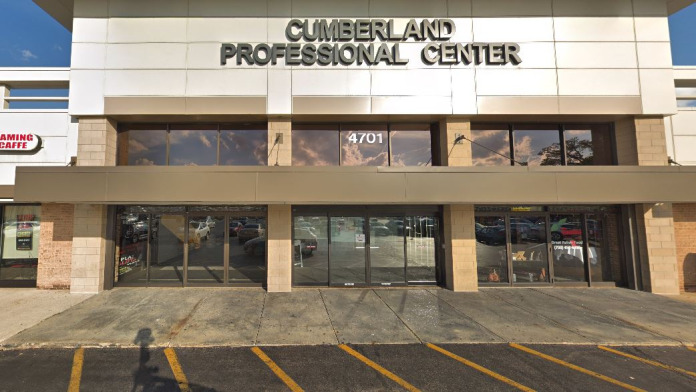
| |
Chicago, IL | Association for Multicultural – Behavioral Health, located in Chicago, Illinois is a private alcohol and drug rehab that offers treatment for a variety of substance abuse addictions including alcoholism, co-occurring mental health disorders, and opiate addiction. They offer flexible outpatient addiction therapy allowing patients to live at home w | Treatments Programs Payment Options | The office of Angelika Danek AMBH is a wonderful and professional place that makes you feel safe and supported. All the professionals have a deep understanding of multicultural, family and life dynamics that individuals face day to day. I highly recommend their services and chatting with the staff about best options for your situation!
Natalia L
6 months ago
Super serwis,wspaniali terapeuci
Zbigniew Kochanowski
1 year ago
Angelika is one of the best psychologist in our area. Highly educated. Non judgemental. Great approach to therapy and couples counseling and so much more and she's bilingual which is great for bilingual partners. She's great at understanding American culture and traditions and Polish culture and traditions. Highly recommend!
Maggie Sadowska
1 year ago
| 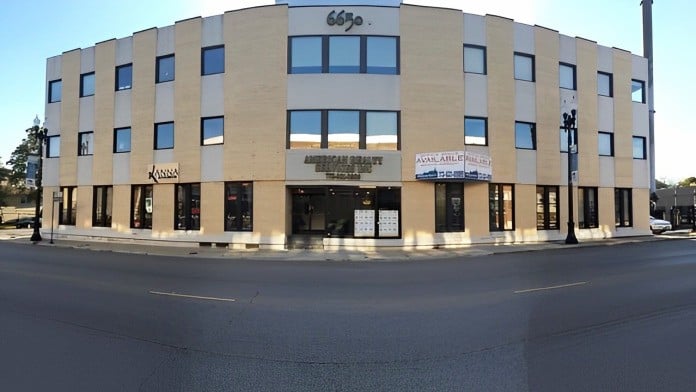
|

Illinois is ranked 24th nationwide in terms of addiction treatment affordability, with an average cost of addiction treatment of $56,666.
The costs of drug and alcohol rehab in Illinois vary widely and depend on several factors, including:
The costs of addiction treatment listed for cities and states are averages based on the cost of the treatment types listed above. These averages are high due to the cost of medical detoxification and residential inpatient rehab programs.
These numbers also reflect the raw cost of drug rehab, before any insurance coverage. The typical individual seeking addiction treatment can expect to pay much less for outpatient or intensive outpatient services than the averages listed below.
There are many ways to pay for drug rehab in Illinois. Most treatment centers accept cash or self-payment, as well as private health insurance. However, there are many treatment centers in Illinois that accept Medicaid and Medicare, or offer sliding scale payments or other low-cost payment options. Here’s the complete breakdown of how to pay for addiction treatment in Illinois.
Blue Cross Blue Shield is the most widely-accepted insurance for drug rehabs in Illinois, with 456 treatment centers in the state accepting their insurance. Aetna is the 2nd most popular with 447 treatment centers accepting it followed by UnitedHealth Group in 3rd accepted by 424 drug rehabs.
Illinois is ranked 42nd nationwide in drug rehab admissions, with 132 rehab admissions per 100,000 population in 2023, which is significantly lower than than the U.S. national average of 621 admissions per 100,000.
The following are the number of Illinois rehab admissions in 2023 for each of the 6 most frequently used drug classes, as well as the relative percent for each type of drug.
Source: Substance Abuse and Mental Health Services Administration. National survey of substance abuse treatment services (N-SSATS).
Illinois is ranked 32nd nationwide in terms of annual drug overdoses, with an average of 26.1 overdoses per 100,000 population and a total of 3,264 overdoses in 2023. Opioid abuse accounted for 81% of all drug overdoses in Illinois, with a total of 2,638 opioid overdoses in 2024.
Centers for Disease Control and Prevention. Provisional drug overdose death counts. U.S. Department of Health and Human Services.
Illinois is ranked 43rd for drug and narcotics-related violations, with an estimated 182 narcotics citations per 100,000 population which is lower than the National Average of 421.
All values are per 100,000 population.
Federal Bureau of Investigation. Crime data explorer: Crime trends. U.S. Department of Justice.
Illinois has the 44th highest rate of drunk driving in the nation, with a total of 108 DUI arrests per 100,000 people in 2023 (and 13,534 total DUI arrests).
All values are per 100,000 population.
SafeHome.org. DUI statistics and trends.